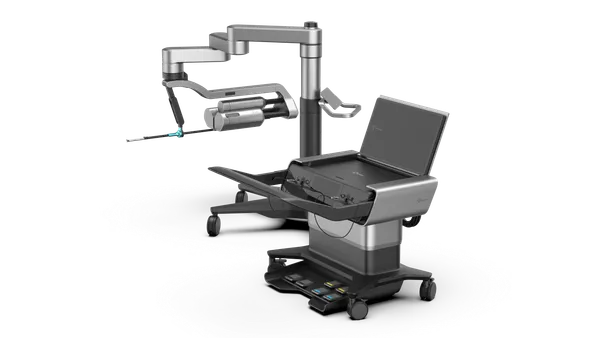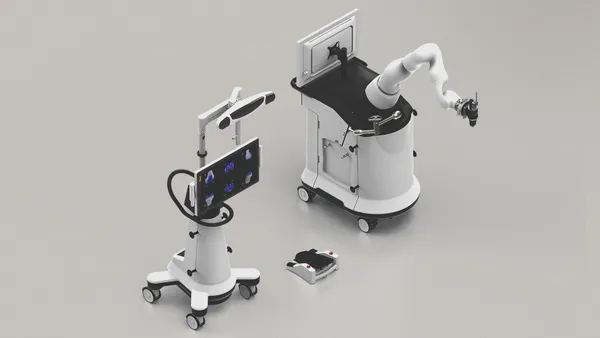Dive Brief:
-
The Senate Appropriations Committee proposed increasing the budget of FDA’s Center for Devices and Radiological Health by nearly 5.5% in fiscal 2021 in a bill put out Tuesday.
-
Members of the committee received an agency request for a close to 8.5% increase. However, CDRH is one of the only centers at FDA allocated less than the requested amount. FDA’s centers focused on drugs, biologics and veterinary medicine are all on track to receive more money than they requested.
-
The committee tasked FDA to further tech-enabled decentralized clinical trials and use some of the funding for research on biofilms associated with medical devices.
Dive Insight:
The 2021 fiscal year began at the start of October. However, with the appropriations committee failing to release any of the 12 annual spending bills by that date, Congress secured stopgap funding to avert a government shutdown. The stopgap funding is in place until Dec. 11.
With one month to go, the appropriations committee released all 12 spending bills, including texts on the budgets for FDA and HHS. Appropriators in the House, which passed 10 of its 12 spending bills over the summer, are now reviewing the bills ahead of negotiations poised to center on the provision of almost $2 billion for a border wall and the lack of emergency COVID-19 funding.
The device budget has a lower profile but will shape resources for the near-term regulation of the industry. Having worked with an allocation for salaries and expenses of a little more than $310 million in fiscal 2020, CDRH asked for an additional $26 million for the next fiscal year. The Senate committee knocked back the request, proposing a $17 million funding bump instead. CDRH and the Center for Food Safety and Applied Nutrition are the only centers set to receive less than they requested.
Members of the Senate committee proposed a $12.5 million net increase in funding for medical device and cyber review innovation activities, while also opining on how FDA should spend the rest of its budget. The panel's recommendations include several requests related to medical devices.
The Senate spending bill calls for FDA to continue to invest in biofilm research and improvements to the regulatory science of biofilms associated with medical devices. FDA held a public workshop in 2014 to discuss its approach to biofilms — communities of bacteria that can reside on devices — and the challenges created by the lack of standardized testing. The appropriations committee wants FDA to build on that work, thereby furthering its efforts to reduce healthcare-associated infections.
Elsewhere in the spending bill, the committee calls for FDA "to develop the necessary policy to advance the use of [decentralized clinical trials] while still maintaining quality data." The pandemic has accelerated the move to clinical trials that operate with zero or reduced numbers of study sites and the committee wants FDA to support the move.
Increased use of virtual trials will create opportunities for telehealth and digital health companies capable of supporting remote interactions and data collection. The committee encouraged the use of telehealth outside of clinical trials as well.
The FDA spending bill went live at the same time as a document covering HHS. The committee is planning to increase funding for All of Us, a nationwide precision medicine research effort begun under the Obama administration, by $500 million to counter the loss of $40 million in 21st Century Cures Act funding. The bill also includes $25 million for a new biomedical artificial intelligence initiative and $2 million to work with Israel to develop health technologies including sensors and monitoring devices.












